Using modified commercial drones, Flash Forest shoots “seed pods” onto fire-damaged land.
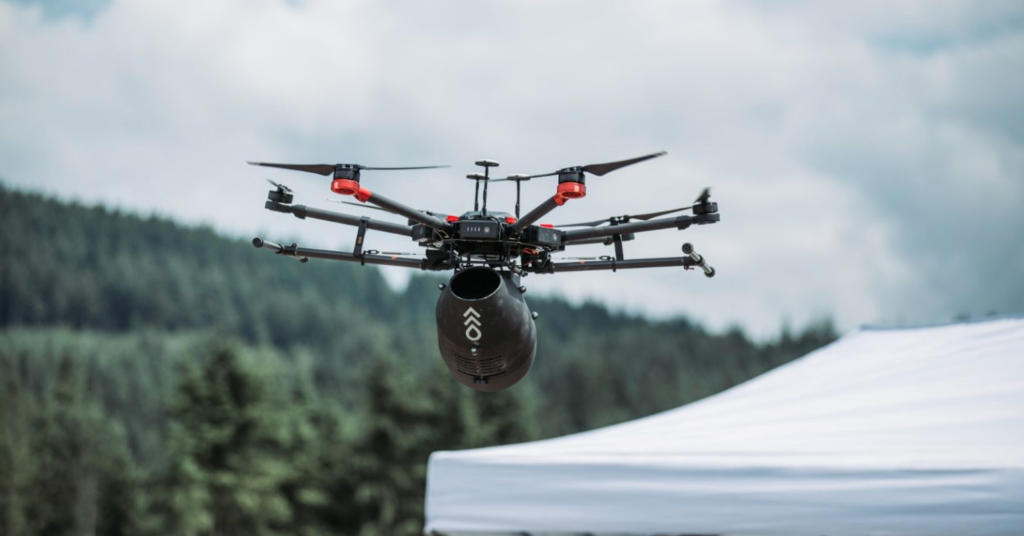
In 2003, brothers Cameron and Bryce Jones watched as the Okanagan Mountain Park fire ravaged their home city of Kelowna, British Columbia.
The fire destroyed large swaths of forest, leaving behind charred landscapes devoid of living trees. The destruction of their childhood playground inspired them to set an ambitious goal: to plant one billion trees in Canada and across the world by 2028.
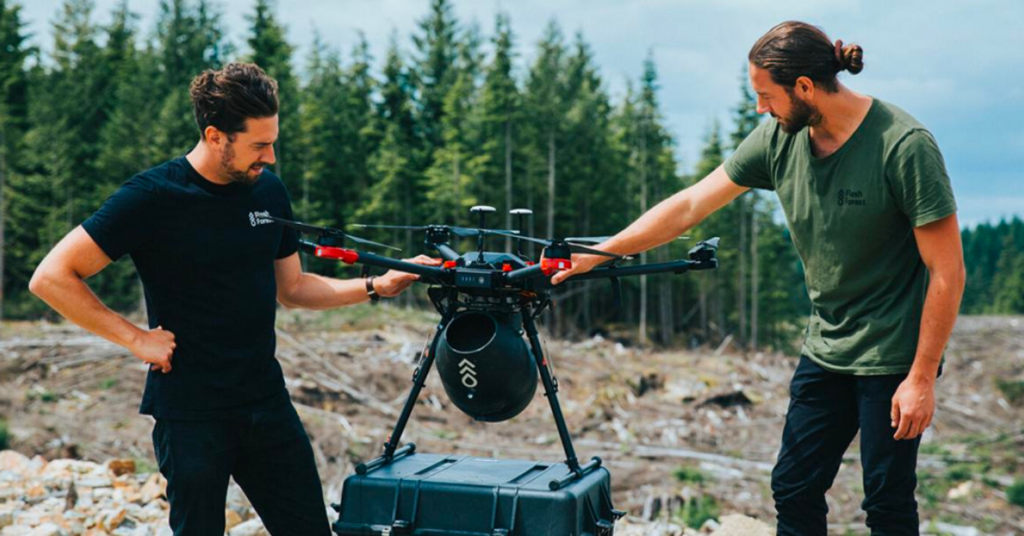
In pursuit of their goal, the brothers founded a startup called Flash Forest.
The company deploys drones to shoot “seed pods” onto fire-damaged land to grow biodiverse, tree-rich landscapes. With the help of technology, they are well on their way to achieving their goal.
Aerial planting is a solution to the problem of reforestation in the aftermath of wildfires. In many cases, it is too dangerous to send human planters into these areas.
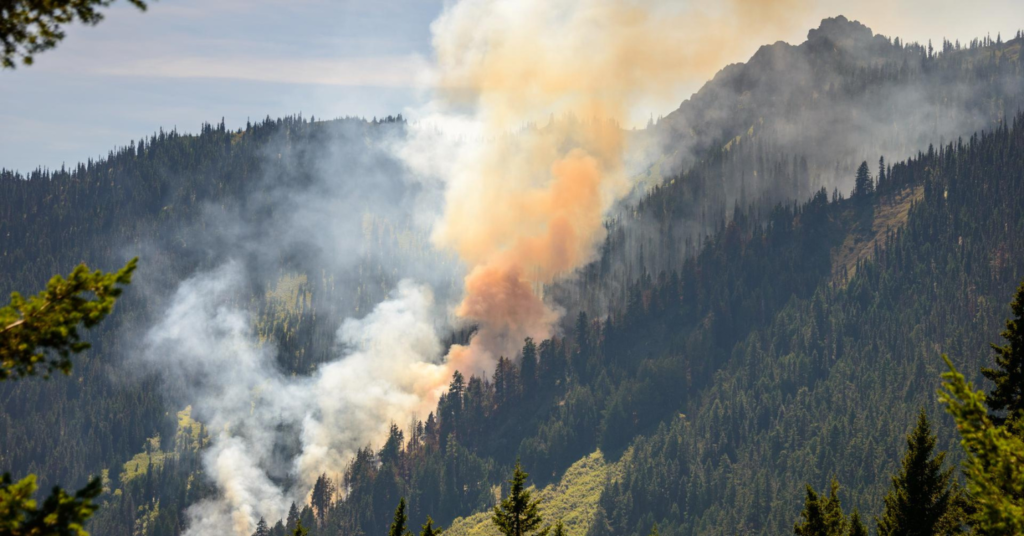
Additionally, mid- to high-severity fires where entire forests have burned may struggle to regenerate naturally, so they require assistance to re-establish. Unfortunately, due to climate change, high-severity fires are becoming more frequent worldwide.
Flash Forest uses modified commercial drones to add seed-firing abilities. The drones are automated, shooting seed pods at a strong enough velocity that they embed into the soil.
Drones can deploy five pods per second, covering a lot of ground in a matter of minutes. The company also relies on aerial mapping software to ensure that the pods are not wasted in areas where trees won’t grow, such as water, rocks, logs, paths, and tree crowns.
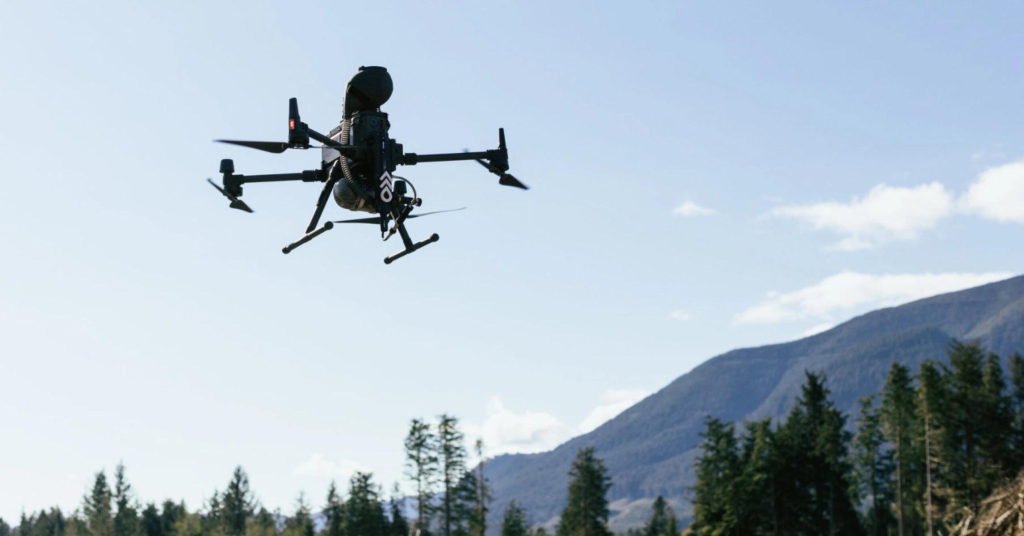
The seed pods themselves are a biological experiment in progress, a search for the most reliable recipe for healthy, large-scale reforestation. A team of plant scientists has designed over 100 recipes so far.
Flash Forest aims to be the most biodiverse reforestation company, maximizing the number of species they plant to rebuild forests, not just monocultures.
In spring 2021, Flash Forest launched pilot projects, planting over 300,000 seed pods between April and June. They planted 19 different species at 13 sites across Canada, completing the largest drone reforestation project in Canadian history.
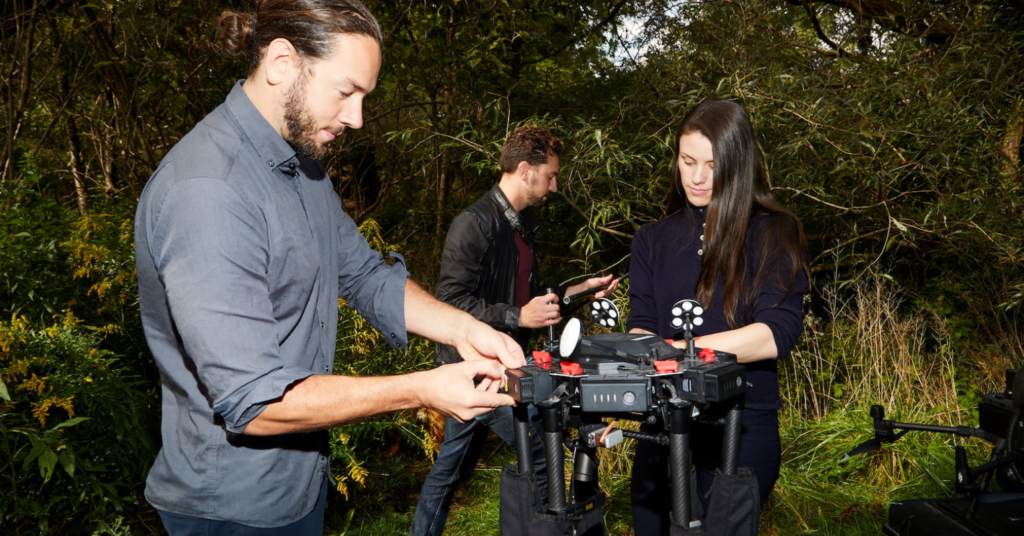
Flash Forest monitors and ensures the desired seedling density is reached across each site they visit and checks on the health, growth rate, and species distribution of seedlings after the plantings.